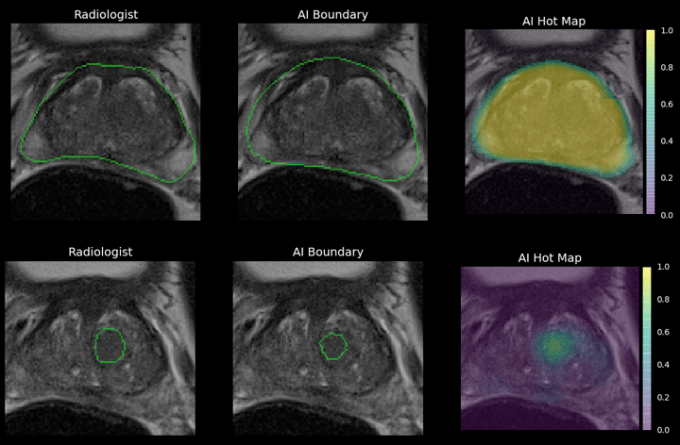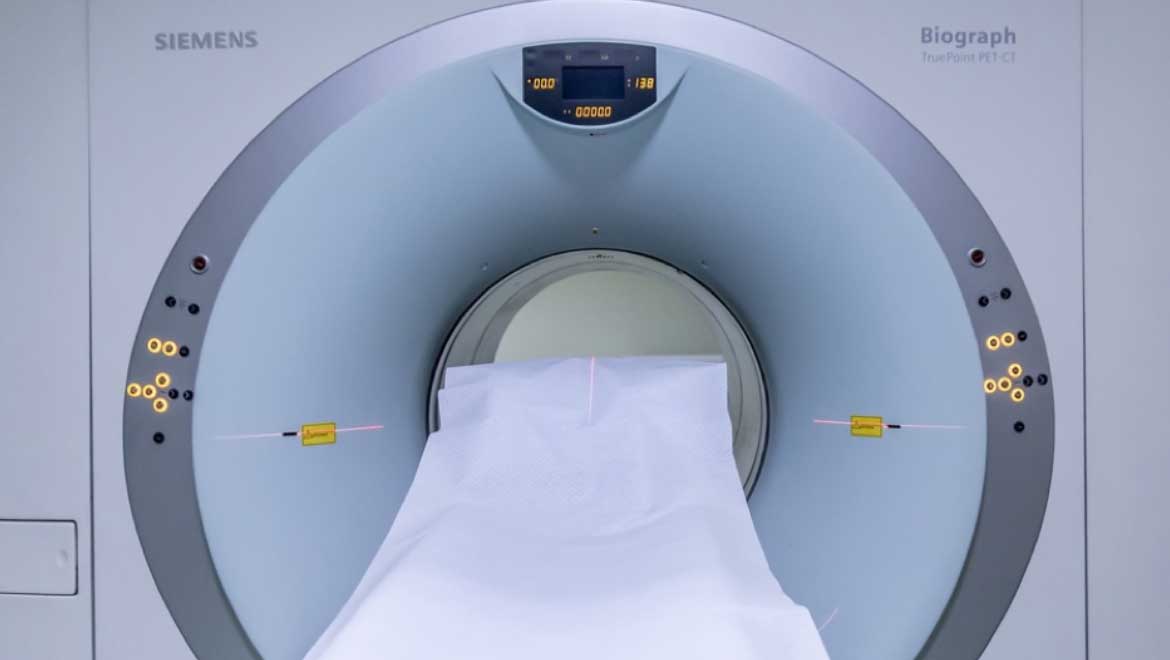“The most important shot is the next one.”
One in three people will get cancer in their lifetimes, and over half of them will be detected late. Only 20 percent of those with late-stage cancer survive longer than five years. 2.5 percent of men will die of prostate cancer. In addition, the present solutions for cancer have dangerous effects like intense pain, urinary trouble, infections, and erectile dysfunction, among others.
In light of this, an innovative med-tech startup developed Ezra as a platform to replace traditional biopsies with AI MRIs as the new standard of care.
Introducing Ezra
Ezra is an MRI-based screening solution that can make a high-quality diagnosis of cancer by avoiding painful biopsies. Medical Technology Company created this new way of detecting cancer anywhere in the body with a highly sophisticated combination of MRI and artificial intelligence (AI). While X-rays and computed tomography (CT) scans use damaging radiations, MRIs are patient-friendlier.
With this technology, the AI's accuracy is estimated to be at least 90 percent as accurate as medical experts. However, human radiologists still examine the scans after Ezra has made its diagnosis.
With Ezra, in New York City, for $999 a year, customers can get an MRI scan with the assistance of medical staff and educational guides. If the results are positive (a diagnosis of cancer is made), continuous support will also be provided. But if booking for all these is made on your own, a prostate MRI will cost at least $1500.

Comparison of human radiologist-diagnosis and the AI, Ezra. (Source: TechCrunch)
“One of the biggest problems in cancer is that there’s no accurate, fast, painless, way to scan for cancer anywhere in the body. We hope that Ezra could offer full-body MRIs that make screening for all types of cancer easier to stomach, so more cases can be caught early and more patients can survive. With 30 million men in the US alone at risk of prostate cancer, there’s urgent need for Ezra to fulfill its mission of making MRI-based cancer screening affordable to everyone.” says Ezra co-founder and CEO, Emi Gal.
The History of Ezra and Gal
The Ezra platform raised $4M in the seed round, led by Accomplice and with participation from Founders Future, Credo Ventures, Seedcamp, Esther Dyson, and a number of startup founders and angel investors, in order to create its team and market for potential patients at a risk of prostate cancer, before it was acquired by Amazon for $1 billion.
“I developed hundreds of moles as a child that put me at very high risk of melanoma. Every year I’ve had to check for abnormalities and do a couple of biopsies. I’ve been acutely aware of the importance of cancer screening since a young age”, said Gal.
Gal studied computer science and mathematics in Romania and then he developed an ad-tech company at age 20 and sold it at the age of 30. As he had systematic contact with cancer patients, Gal understood the importance of building a brand-new screening modality.
PSA (Prostate-Specific Antigen) levels with needle-through-the-rectum biopsy can be inaccurate. Therefore, Gal learned from a recent study – a urologist who examined 500 patients, some diagnosed the traditional way and the others with an MRI – about the detection of cancers and biopsy. With the latter method, 18 percent more cases with cancer were identified, and also, unnecessary biopsies were reduced by 27 percent.
Following this research, co-founder Emi Gal tried to find if AI could perform as practically and efficiently as a radiologist. Therefore, he helped develop an AI system which was trained with a large amount of data from the National Institute of Health, via the work of co-founder and doctorate, Diego Cantor, a specialist at Deep Learning Systems and MRIs.
The accuracy that the system achieved was 90 percent, a state that could possibly show the way of the future.
Magnetic Resonance Innovation
An MRI facility network, called RadNet, helped develop Ezra. Specifically, the network MRI time slots, in order to “feed” the AI system, with a location in Manhattan. Next year, it is expected to expand to more RadNet locations beyond New York City.

A study found AI to agree with medical experts on prostate cancer detection 90 percent of the time. (Source: TechCrunch)
“We want to focus on building a data set that proves [MRIs] are more accurate, less painful, and faster than that the standard of care,” Gal concluded.
Ezra offers a simple and painless test that can detect cancer earlier than with other methods. Cancer has taken the lives of 9.6 million people, this year alone. But with AI innovations such these, playing a key role in medicine and bioengineering, there could be some hope for patients.
The aim of the wise is not to secure pleasure, but to avoid pain – Aristotle, 384 BC
Top Image: With Ezra, AIs could make a mark in the world of MRIs too. (Source: Max Pixel)
References
- Peter Lam, 2018. What to know about MRI scans [Online] Available at: https://www.medicalnewstoday.com/articles/146309.php
- Jonathan Shieber, 2019. Using full-body MRIs, Ezra can now detect 11 cancers in men and 13 in women [Online] Available at: https://techcrunch.com/2019/05/23/ezra-launches-full-body-cancer-screens/
- Argen Radder, 2019. Bringing more value to imaging departments with MRI [Online] Available at: https://www.itnonline.com/article/bringing-more-value-imaging-departments-mri







No comment